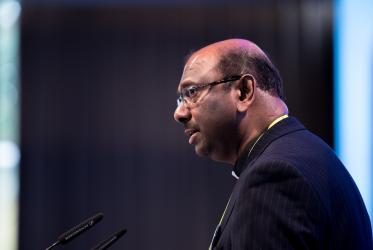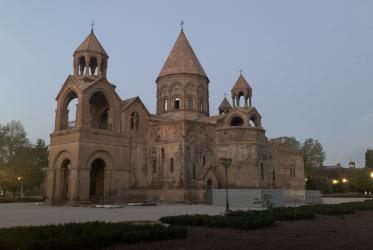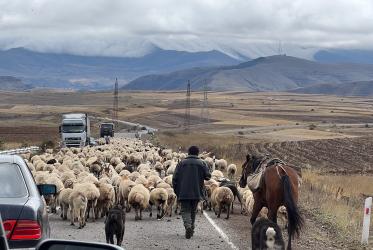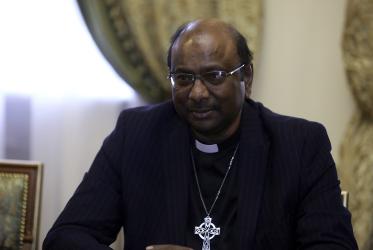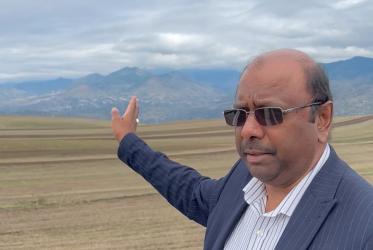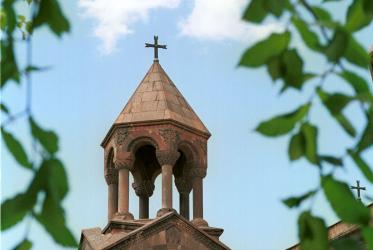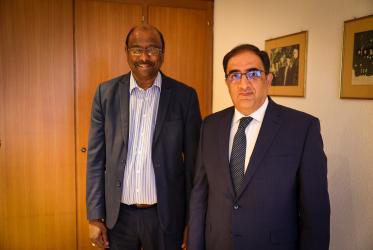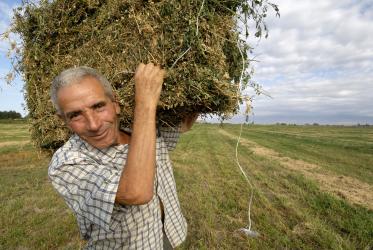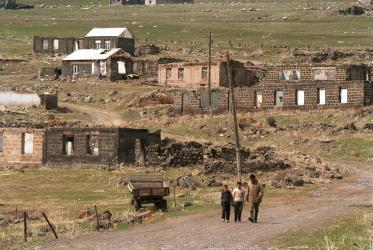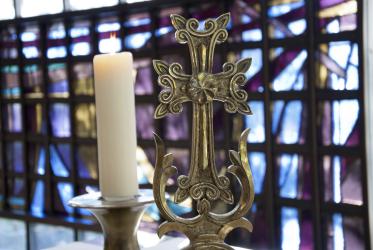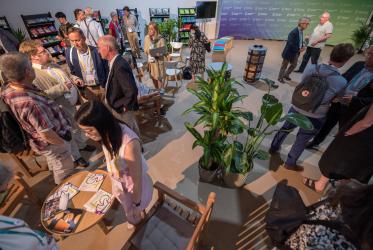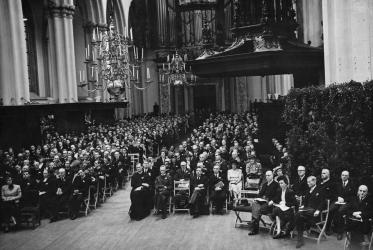Displaying 1 - 20 of 92
23 April 2024
WCC delegation witnesses Azerbaijani forces shelling of Armenian enclave
25 September 2023
In Armenia, WCC general secretary speaks for justice
22 September 2023
Ecumenical delegation visits Armenia
19 September 2023
WCC delegation to visit Armenia
15 September 2023
WCC prayer commemorates Genocide Remembrance Day
24 April 2023
At assembly and beyond, WCC publications inspire and move
14 September 2022


